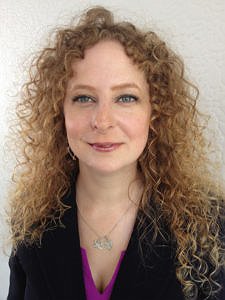In recent years, mishaps in commercial aviation have been predominantly due to software; meanwhile software continues to grow more complex. Combining this with the on-going trend toward converting aviation hardware and mechanical systems to software, and the popular claim that aircraft are already more than half software, it is clear that the future of flight software faces a formidable challenge. The FAA provides regulations through documents such as DO-333, but little guidance as to how to achieve them. In short: for software to be certified to fly, the chance of a safety-critical failure must be less than one in a billion. So how do we do that? Particularly how do we achieve a sustainable, scalable schema for future avionics? We will overview the difficulties that face fabricating formidable flight software, break out the challenges facing future flight software, and pose possibilities for boldly going where no software has gone before.
The discussion following this talk will be moderated by Luke Ziarek.
NSF CAREER Award winner and recipient of the Inaugural Initiative-Inspiration-Impact Award from Women in Aerospace, Kristin Yvonne Rozier joined the faculty of the Aerospace Engineering and CS in Fall, 2016. Previous to that she spent 14 years as a Research Scientist at NASA. She contributed research to the Aeroacoustics, and Safety-Critial Avionics groups and to the Robust Software Engineering, and Discovery and Systems Health groups in the Intelligent Systems Division. Most recently, Rozier was a primary contributing researcher to the Next Generation Air Transportation System (NextGen) Air Traffic Management project of the Airspace Systems Program at NASA. She also served as Principal Investigator of an ARMD Seedling project advancing System and Safety Health Management for Unmanned Aerial Systems (UAS).
Thu 19 NovDisplayed time zone: Central Time (US & Canada) change
15:00 - 15:40 | |||
15:00 40mTalk | On the Future of Flight Software REBASE Kristin Yvonne Rozier Iowa State University | ||
